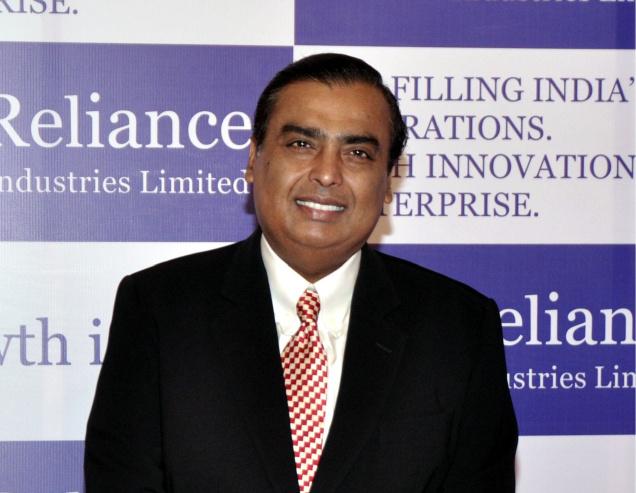In an unprecedented and the boldest move of its kind, the Government of India imposed $ 1.55 billion penalty on Reliance and its partners, BP and Niko, for producing natural gas through its KG D-6 block which \ originally “belonged” to ONGC. A notice was issued by the Oil Ministry in consultation with Director General of Hydrocarbon that claimed that in past seven years approximately 10billion cubic meter of gas was flown from two adjacent blocks of ONGC which were produced by RIL and its partners. The penalty is calculated at the gas rate prevalent at that time.
KG- D6 (or KG – DWN 98/3) is an offshore block of Natural Gas which has landed RIL in trouble in the past too. Arvind Kejriwal, during his run-up to becoming a politician, had alleged that Reliance had fudged and overestimated the Total Gas in Place in their KG D-6 block.
The estimation of total gas deep beneath the ocean is a complex process. An initial few wells are drilled to find out the tentative boundary of an already discovered block. The total gas in place is then calculated based on the volume of rock, saturation of gas in the rock, reservoir pressure, and various other parameters. Even a minute difference in these parameters can cause a significant error in the estimation. In addition to the absolute number of total gas, it is the recovery factor which influences the gas production on the surface. The recovery factors are a function of porosity and permeability of the rock beside the reservoir management. The average oil field recovery factor is below 25 percent.
Having said that, most of the E & P Company around the world carry out similar exercises for every new block. The data are taken from multiple sources to validate and re-validate the model before broadcasting the projected figures. In spite of these measures, there is always a ‘big If’ surrounded by the certainty of Gas in place in the reservoir. Also, The O & G in India is continued to be predominately controlled by state-run companies like ONGC, Oil India, and GSPC. Hence, the understanding of Indian market towards the business was at a nascent stage. Overall, a benefit of the doubt can be given to RIL for this issue.
Subsequent to the discovery, a production sharing contract was signed mutually between ONGC on behalf of DGH and the Reliance Industries Limited. Reliance Industries Limited had also built a huge offshore facility for drilling and transport of the gas from this field. Contrary to the expectations, the gas production rate from the drilled wells declined rapidly. To sustain the production and maximize the recovery RIL started drilling more number of wells than initially planned. Fearing the theft of gas from its block, ONGC moved to Delhi high court claiming that at least 3 wells drilled by RIL were within few hundred meters of its boundary.
As obvious as it is, no boundary can be created thousands of meters below the sea level. It is the obligation of the contractor under PSC to follow the guidelines to prevent any migration of gas from the adjacent field(s) towards its field. As the government is the ultimate custodian of country’s natural reserve and for any such trespassing, the government is liable to be compensated.
The oil ministry acted tough on the issue and set up an independent panel to establish ONGC’s claim of migration of gas from its field. The consultancy group D & M under Mr. AP Shah submitted its report to DGH with a finding that at least 10bcm of gas had migrated from ONGC’s two blocks namely KG DWN 98/2 and Godavari PML which was produced by RIL. The fact was also validated by the pressure data of ONGC’s G4 block which indicated mild to severe depletion across its field.
After examining these reports in consultation of DGH, Government slapped $ 1.55billion penalty on Reliance Industries Limited and its partners. The Reliance Industries Limited has denied any foul play and the matter will go to arbitration.
Due to its sheer value in terms of money transactions, the oil ministry has always been under the tremendous stress from the private players. A lot of time it has connived with the private companies which have done irreparable damage to the country. Therefore, the transparent handling of this sensitive matter by the current petroleum minister can be seen as a paradigm shift in the functioning of the ministry. The moves like this will steer India away from the morass of crony capitalism.
Reference:
